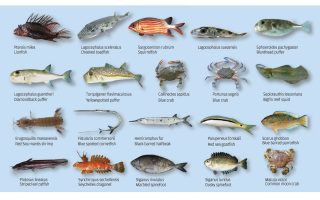Survey indicates strong will but lack of information on plastic recycling

Nine in 10 Greeks believe that recycling plastic is important to the environment, but only handful are aware of the parameters involved, Greenpeace has found.
In an online survey carried out on more than 6,600 people between May and September, the environmental protection group found that 92 percent of respondents regularly sort their trash for recycling, while 73 percent believe this is one of the most important contributions a citizen can make to environmental protection.
Even more encouragingly, more than half said that recyclability influences their decision on whether to purchase a product or not.
“It is evident that recycling is the main answer for the overwhelming majority of society to the need for better waste management. It is a real improvement and marks progress towards a better management system,” Greenpeace’s chief of campaigns for the protection of seas, Alkis Kafetzis, told the state-run Athens-Macedonian News Agency on Thursday.
However, he added, on the issue of plastics in particular “our knowledge of what can be recycled and of the absorption capacity of the recycling sector is sorely lacking.”
Indicatively, just 9.4 respondents in the survey knew that the Green Dot symbol of two intertwined arrows on product packaging means that the manufacturer employs some form of alternative waste management. More than half, 52 percent, believed it means the product packaging can be recycled, 12.5 that it is made of recycled materials and 26 percent that it means all the above.
Also, more than 80 percent of respondents admitted to being unaware that a bottle of drinking water is made up of more than one form of plastic.
Responding to the findings of its survey, Greenpeace is planning a campaign to raise awareness of proper recycling practices and the need to restrict the use of plastic, particularly on the part of product manufacturers who, it argues, need to be made more accountable for the lifecycle of their materials.
The Greek government has pledged to ban single-use plastics as of 2021.





